Pope Francis: The Custody of the Holy Land, a mission of peace and dialogue amid conflicts
Pope Francis: The Custody of the Holy Land, a mission of peace and dialogue amid conflicts
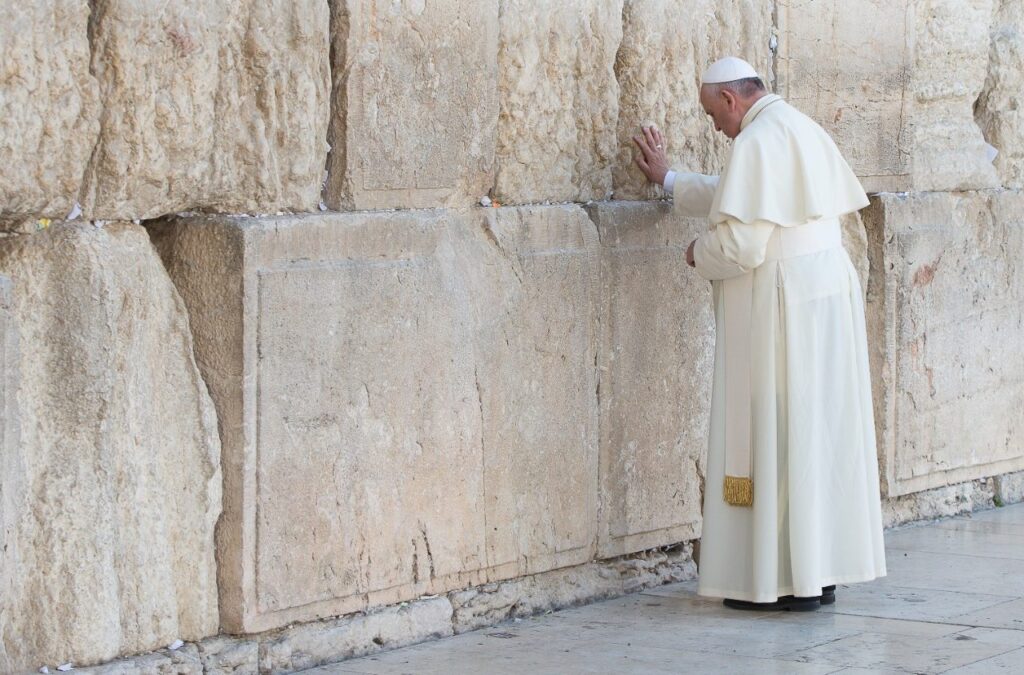
Pope Francis: Custodialism is the first task that the Lord entrusts to the newly created man. And in the Holy Land, the land of Jesus, there has been for centuries the Custody of the Holy Land, whose leader, in turn, has been entrusted with tasks that are not exactly simple: managing numerous sanctuaries that retrace the life of Jesus and that each year welcome more than half a million pilgrims. To coordinate the work of numerous friars located in eight different countries (Israel, Palestine, Jordan, Syria, Lebanon, Egypt, Cyprus and Rhodes), friars who, coming from different nations, guarantee the principal characteristic of the Custody: its internationality. A precious asset, a microcosm representative of the catholicity of the Church, but which requires a continuous effort to harmonize the different cultures and traditions.
An internationality that can constitute a laboratory of what the Western Churches will be in the future due to the great migratory movements. And then, not only an intense devotional practice in the sanctuaries but also a lively pastoral activity: let us consider, for example, that the four most important parishes of the Patriarchate of Jerusalem – Nazareth, Bethlehem, Jaffa, and Jerusalem – are directed by the friars of the Custody. And then again, the 16 schools are so important for forming a culture of peace and encounter between different ethnicities and religions. Ecumenical and interreligious dialogue, which in the Holy Land goes beyond theological controversies and enters into the daily lives of many, requires extraordinary openness, hospitality, and delicacy. The complicated management of that Swiss watch which is the Status Quo, essential for the orderly presence of the different confessions. But more than anything, it highlights the tragic conflict that has afflicted the Holy Land for 76 years.
In short, on the shoulders of the Franciscan friars and their custodian weighs a great deal of work and a great responsibility. A responsibility that, as recounted at the beginning of this book, Father Francesco Patton saw fall on his head suddenly and unexpectedly, but which he was able to carry out effectively. And for this we can only be grateful, because, as they say, Jerusalem belongs to no one, but to everyone.
Father Francesco carried out these difficult tasks with his own style, which the attentive reader will be able to grasp in this book. With patience, modesty and the ability to listen, but also with determination and firmness, when the dramatic events in that land demanded it. Father Patton’s mandate was marked by extraordinary and terrible events, which will be remembered in time. The hard years of the pandemic and then, from October 7, that terrible war that the Patriarch of Jerusalem, Cardinal Pierbattista Pizzaballa, rightly defined as “the longest and most serious” of the many, too many, that have afflicted the Holy Land and the Middle East. In these dramatic circumstances, Father Francesco knew how to keep the helm of the ship entrusted to him straight and, instead, to multiply his efforts to be close to the people affected by these tragedies. I have before my eyes the most beautiful initiative that, together with his vicar, Father Ibrahim Faltas, was carried out in these months of atrocious war in Gaza: the transfer to Italy of 150 wounded and sick children.
This book, which – I am happy to point out – was born from the collaboration of two ecclesial structures that effectively express, through internationality, the catholicity of the Church: the Custody and L’Osservatore Romano, will help us to know Father Patton better. I remember his style from our first meeting, when I said to him, laughing: “From your last name I thought you were an American friar, but instead you are from Triveneto!” My wish for this American father from Trentino, as is customary among Franciscans, is “May the Lord give peace”, to him and above all to the Holy Land and to all those who care for it.
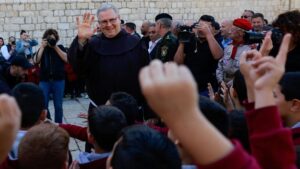
Related

His Hope Does Not Die!
Mario J. Paredes
24 April, 2025
6 min
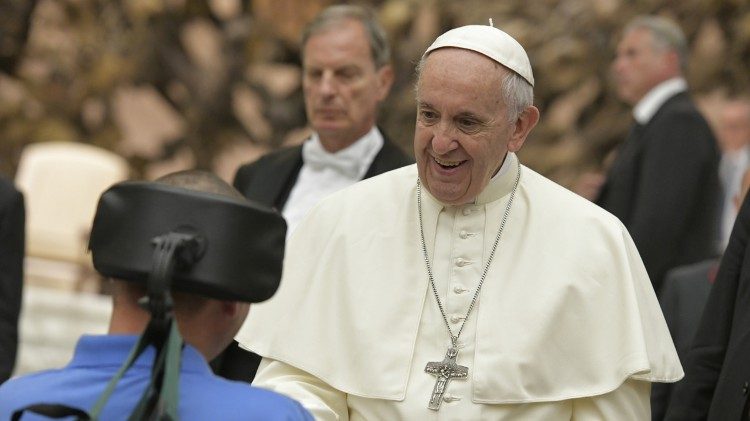
Francis. The Human and Religious Imprint of a Papacy
Isabel Orellana
24 April, 2025
5 min
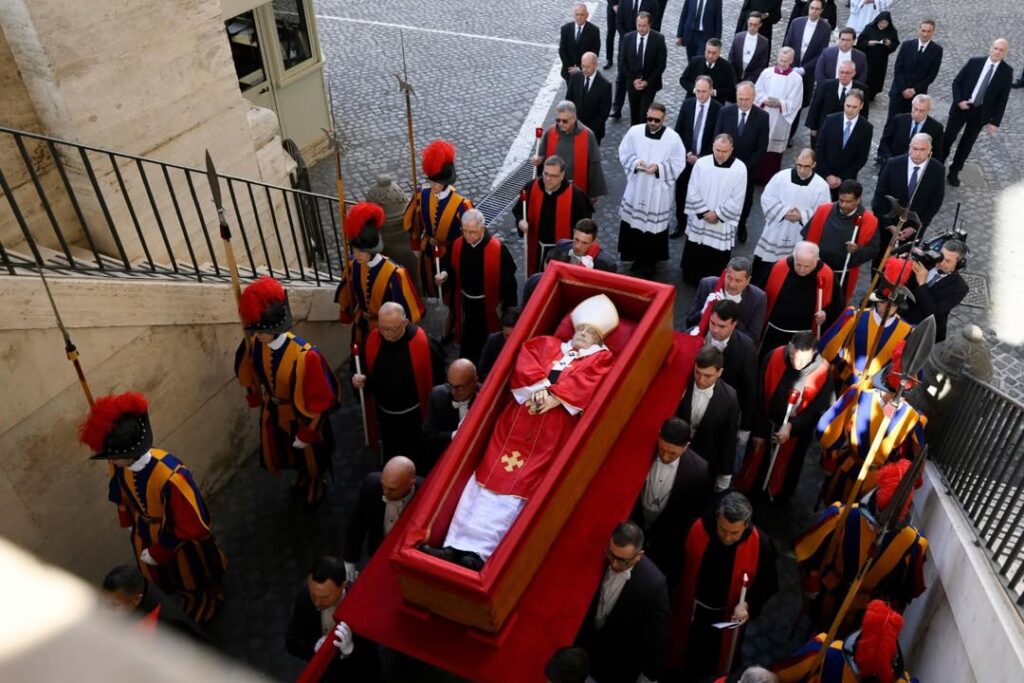
A Pope’s Last Journey: Francis’ Body Transferred to St. Peter’s
Exaudi Staff
24 April, 2025
3 min
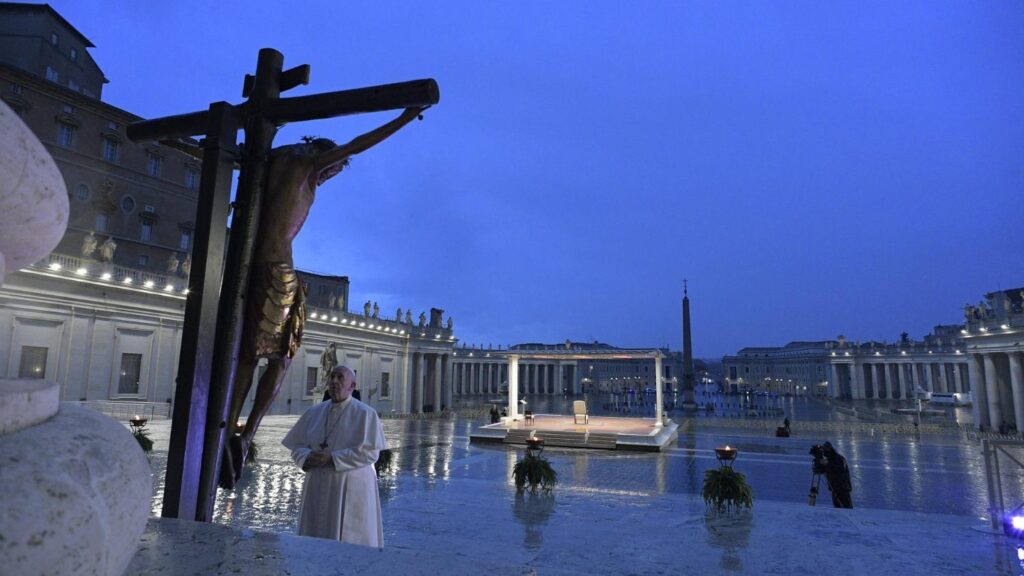
Cardinal Felipe Arizmendi: With the Risen Christ, There Is Hope
Felipe Arizmendi
24 April, 2025
6 min
 (EN)
(EN)
 (ES)
(ES)
 (IT)
(IT)

